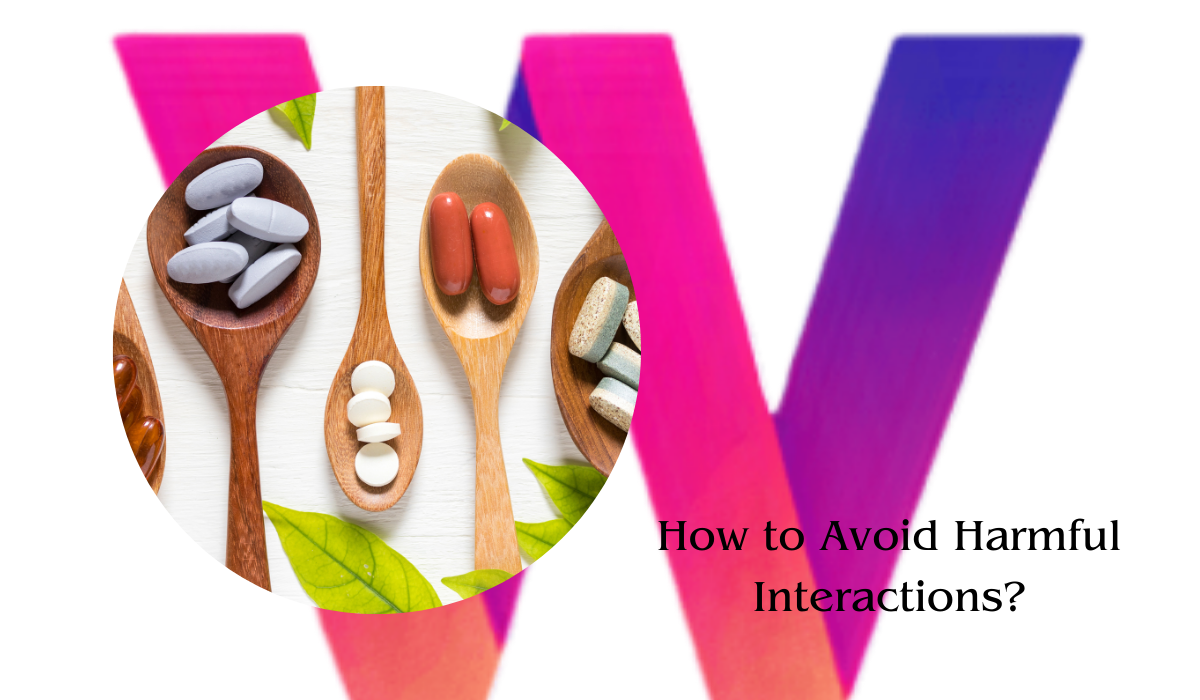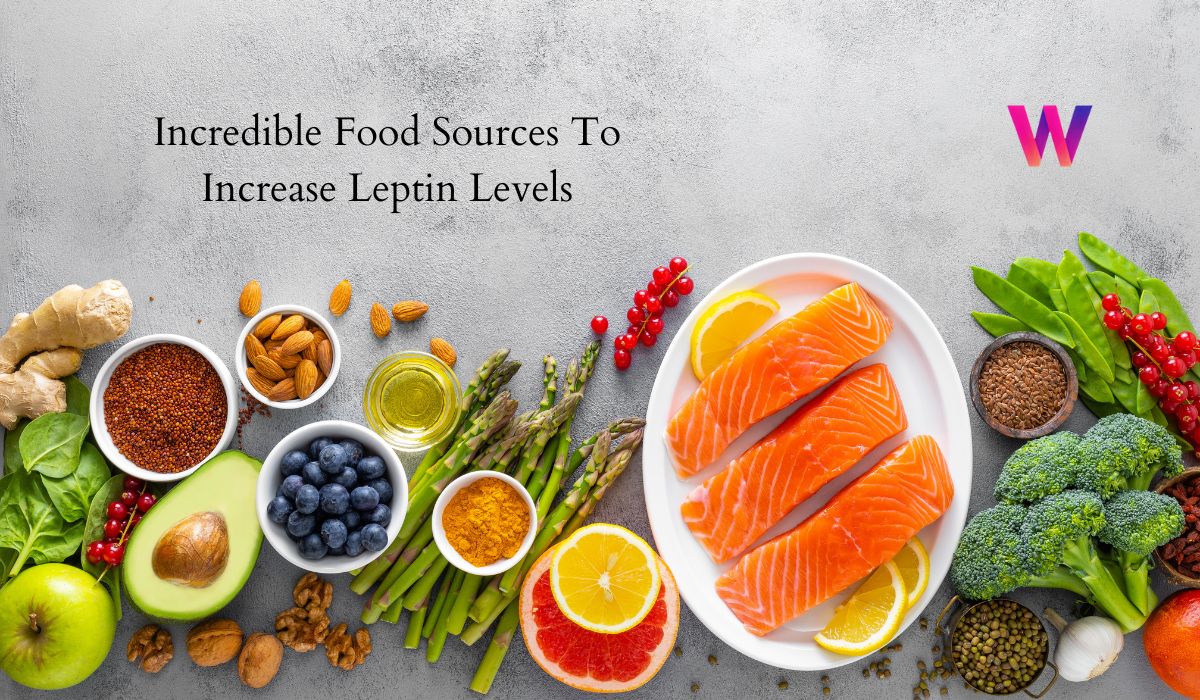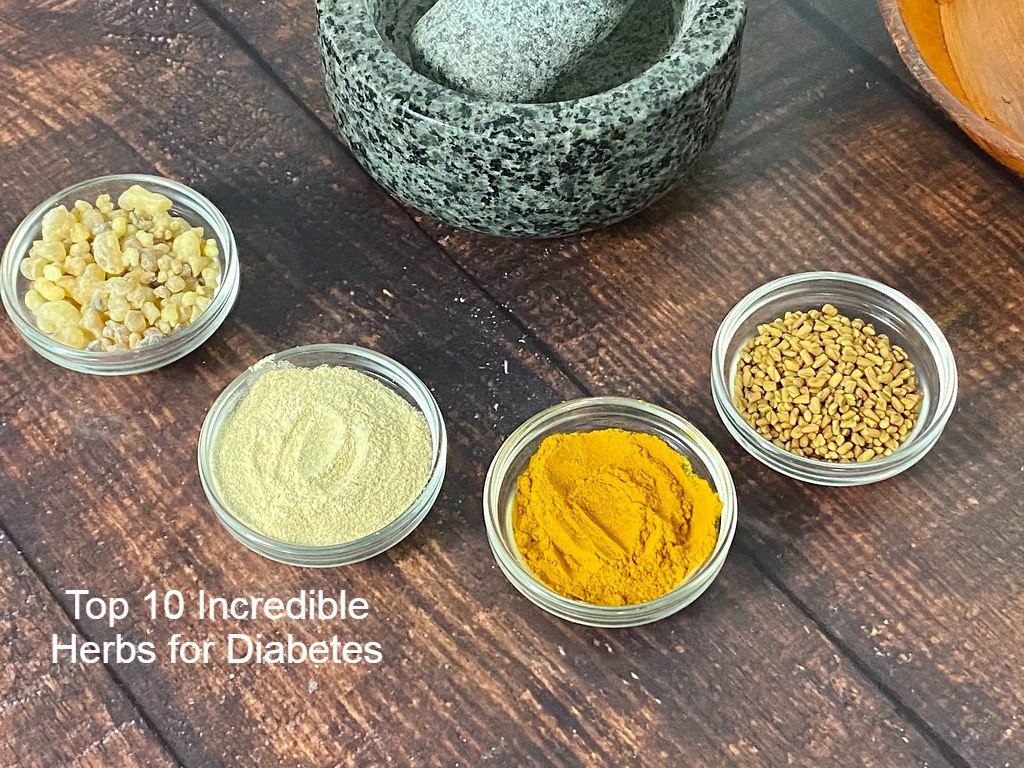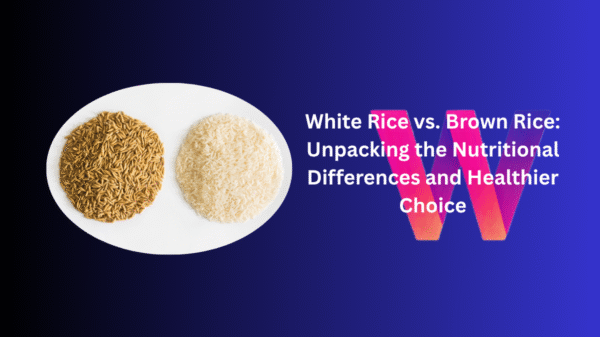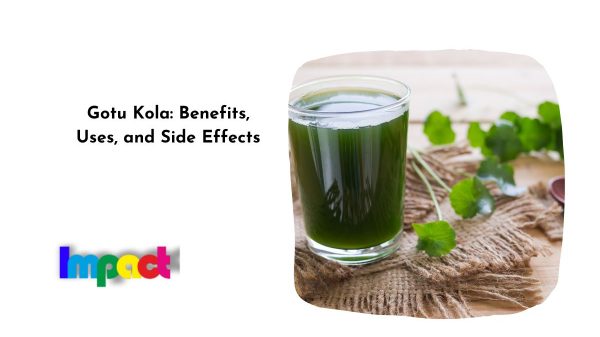Vitamins and supplements are popular among many people who want to improve their health and well-being. Some of them claim to fill nutrient gaps in your diet, prevent or treat certain diseases, boost your immune system, or enhance your mood. However, not all vitamins and supplements are compatible with each other. In fact, some combinations can be harmful to your health, or at least reduce the effectiveness of the products you are taking. In this article, we will explore some of the vitamins and supplements that you should never take together, or have dosage limitations, and explain why they can cause problems.
Calcium and Iron – Vitamins and Supplements
Calcium and iron are two essential minerals that play important roles in your body. Calcium is needed for strong bones and teeth, muscle contraction, nerve transmission, and blood clotting. Iron is needed for the production of hemoglobin, the protein that carries oxygen in your blood, and for the function of various enzymes. However, these two minerals should not be taken at the same time, because calcium can interfere with the absorption of iron, making it less effective. This can lead to iron deficiency anemia, a condition that causes fatigue, weakness, pale skin, and increased susceptibility to infections. If you need to take both calcium and iron supplements, you should take them at least two hours apart, preferably with a meal, to maximize their absorption.
Zinc and Copper
Zinc and copper are two trace elements that are involved in many biochemical reactions in your body. Zinc is important for the immune system, wound healing, growth, and development. Copper is important for the formation of red blood cells, connective tissue, and nerve fibers. However, these two elements compete for absorption in your body, so taking them together can reduce their availability. Zinc can also lower the levels of copper in your body, leading to copper deficiency, which can cause anemia, nerve damage, and bone loss. If you need to take both zinc and copper supplements, you should take them at least two hours apart, or look for a balanced formula that contains both elements in the right proportions.
Vitamin C and Vitamin B12
Vitamin C and vitamin B12 are two water-soluble vitamins that have many benefits for your health. Vitamin C is an antioxidant that protects your cells from free radical damage, supports your immune system, and helps with collagen synthesis. Vitamin B12 is essential for the production of DNA, red blood cells, and nerve function. However, these two vitamins should not be taken together, because vitamin C can destroy vitamin B12, making it inactive. This can lead to vitamin B12 deficiency, which can cause pernicious anemia, nerve damage, and cognitive impairment. If you need to take both vitamin C and vitamin B12 supplements, you should take them at least two hours apart, or avoid taking vitamin C with foods that are rich in vitamin B12, such as meat, eggs, and dairy products.
Vitamin A and Vitamin A-rich foods
Vitamin A is a fat-soluble vitamin that is important for your vision, skin, and immune system. It also helps with the growth and development of various organs and tissues. However, too much vitamin A can be toxic to your body, causing symptoms such as nausea, vomiting, headache, dizziness, blurred vision, and liver damage. This can happen if you take vitamin A supplements and also consume foods that are high in vitamin A, such as liver, fish oil, dairy products, and fortified cereals. To avoid vitamin A toxicity, you should limit your intake of vitamin A supplements to the recommended daily allowance (RDA), which is 900 micrograms (mcg) for men and 700 mcg for women, and avoid taking them with vitamin A-rich foods .
Folic Acid and Vitamin B12
Folic acid and vitamin B12 are two B vitamins that work together to support the production of DNA, red blood cells, and nerve function. However, these two vitamins can also mask each other’s deficiency, leading to misdiagnosis and delayed treatment. Folic acid can hide the signs of vitamin B12 deficiency, such as anemia, by correcting the size and shape of the red blood cells, but not the underlying nerve damage. Vitamin B12 can hide the signs of folic acid deficiency, such as elevated homocysteine levels, by lowering them, but not the underlying DNA damage. If you need to take both folic acid and vitamin B12 supplements, you should take them in the right doses and under the supervision of a healthcare provider, who can monitor your blood levels and check for any signs of deficiency .
Vitamin E and Vitamin K
Vitamin E and vitamin K are two fat-soluble vitamins that have different roles in your body. Vitamin E is an antioxidant that protects your cells from free radical damage, supports your immune system, and helps with blood vessel health. Vitamin K is important for blood clotting, bone health, and preventing calcification of soft tissues. However, these two vitamins can interact with each other, affecting their function. Vitamin E can inhibit the activity of vitamin K, increasing the risk of bleeding and bruising. Vitamin K can counteract the effects of vitamin E, reducing its antioxidant and anti-inflammatory properties. If you need to take both vitamin E and vitamin K supplements, you should take them at least two hours apart, or consult with your healthcare provider, especially if you have a bleeding disorder or are taking blood thinners .
Fish Oil and Ginkgo Biloba
Fish oil and ginkgo biloba are two supplements that are often taken for their benefits on the brain and the heart. Fish oil contains omega-3 fatty acids, which can lower inflammation, improve blood flow, and protect your brain cells from damage. Ginkgo biloba is an herb that can enhance memory, concentration, and cognitive function, by increasing blood circulation and oxygen delivery to the brain. However, these two supplements can also have a negative interaction, affecting your blood clotting ability. Both fish oil and ginkgo biloba can thin your blood, making it harder for your blood to clot and stop bleeding. This can increase the risk of bleeding complications, such as nosebleeds, bruises, and hemorrhagic strokes. If you need to take both fish oil and ginkgo biloba supplements, you should take them at least two hours apart, or avoid them altogether if you have a bleeding disorder or are taking blood thinners .
Melatonin and Other Sedating Herbs
Melatonin and other sedating herbs are often taken to improve sleep quality and duration. Melatonin is a hormone that regulates your circadian rhythm, the natural cycle of sleeping and waking. Other sedating herbs, such as valerian, ashwagandha, kava, and St. John’s wort, can have calming and relaxing effects on your nervous system, helping you fall asleep faster and stay asleep longer. However, these supplements can also have a synergistic effect, causing too much sedation and drowsiness. This can impair your alertness, coordination, and reaction time, increasing the risk of accidents, injuries, and falls. It can also interfere with your normal sleep cycle, causing daytime sleepiness, insomnia, and dependence. If you need to take melatonin and other sedating herbs, you should take them in low doses and at different times, or avoid them altogether if you have a history of depression, anxiety, or bipolar disorder .
Conclusion
Vitamins and supplements can be beneficial for your health and well-being, but they can also cause problems if you take them together, or in excess. Some combinations can reduce the effectiveness of the products you are taking, while others can increase the risk of side effects, or even harm your health. To avoid these issues, you should always read the labels and follow the instructions of the products you are taking, and consult with your healthcare provider before taking any supplements, especially if you have a medical condition or are taking any medications. By taking vitamins and supplements wisely and safely, you can enjoy their benefits without compromising your health.


